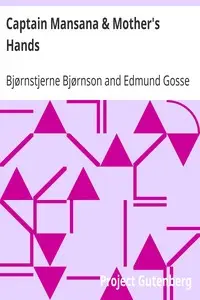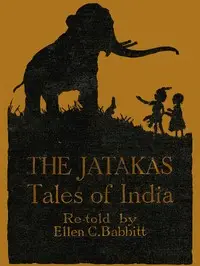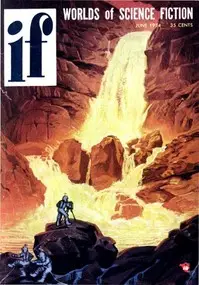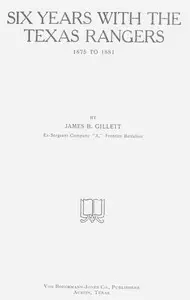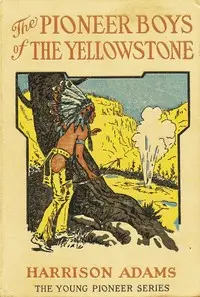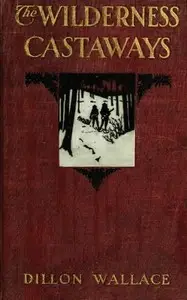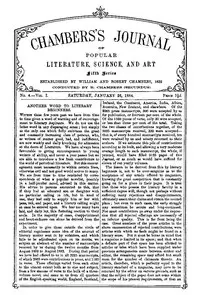"Ovind: A Story of Country Life in Norway" by Bjørnstjerne Bjørnson is a novel written in the late 19th century. The story captures the experiences of a young boy named Ovind as he navigates childhood, family ties, and social dynamics in rural Norway. Throughout the narrative, themes of ambition, love, and personal growth are explored, particularly in the context of Ovind's relationships with his mother, his schoolmaster, and a girl named Marit, who plays a significant role in his life. At the start of the novel, we are introduced to Ovind, a lively child with a strong attachment to a little goat that he tends. The story unfolds as he experiences childhood joys and sorrows, including the pivotal moment when he sells his goat for a biscuit, which leads to a sense of loss and regret. Following this incident, Ovind’s aspirations take shape as he begins school, aces his studies, and ultimately longs for a future beyond his humble beginnings. The opening portion of the story serves to set the foundation for Ovind's character development and his interactions with others, particularly his friendship with Marit and the influence of the schoolmaster, who encourages his ambitions. This early exploration of childhood and emotion hints at the deeper themes of social class and personal identity that will evolve as the narrative progresses. (This is an automatically generated summary.)

Ovind: A Story of Country Life in Norway
By Bjørnstjerne Bjørnson
"Ovind: A Story of Country Life in Norway" by Bjørnstjerne Bjørnson is a novel written in the late 19th century. The story captures the experiences of...
Bjørnstjerne Martinius Bjørnson was a Norwegian writer who received the 1903 Nobel Prize in Literature "as a tribute to his noble, magnificent and versatile poetry, which has always been distinguished by both the freshness of its inspiration and the rare purity of its spirit". The first Norwegian Nobel laureate, he was a prolific polemicist and extremely influential in Norwegian public life and Scandinavian cultural debate. Bjørnson is considered to be one of the four great Norwegian writers, alongside Ibsen, Lie, and Kielland. He is also celebrated for his lyrics to the Norwegian national anthem, "Ja, vi elsker dette landet". The composer Fredrikke Waaler based a composition for voice and piano on a text by Bjørnson, as did Anna Teichmüller.




